6. Out of Africa (Pollack, 1985)
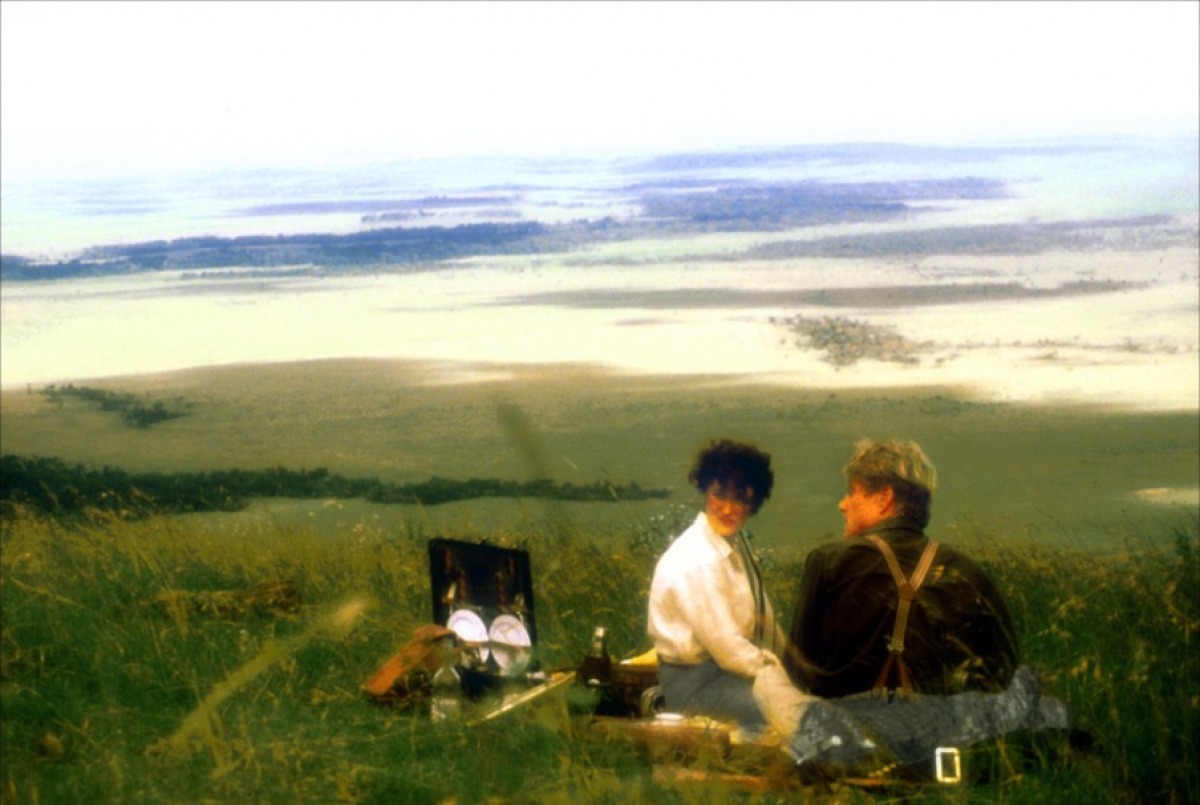
The 1986 Oscars were another example of Steven Spielberg bringing an excellent film to the table, only to lose to another film. In comparison with the entire lineup of nominees, it was mostly expected that either Spielberg’s “The Color Purple” or Pollack’s “Out of Africa” would win. The Oscars’ love of historical epics reared its head again, and the former took home the prize. However, in retrospect, many people are confused by this decision.
“The Color Purple” is an engaging novel about race relations, romance (or lack thereof) and human perseverance. Alice Walker has received almost universal praise for her novel, and Steven Spielberg’s film adaptation has lauded both as an excellent adaptation and an excellent film.
More importantly, though, “Out of Africa” has often been criticized for being long, bloated, and – despite a superb performance from Meryl Streep and beautiful cinematography – rather anti-climactic. When comparing the two narratives, there can be no real comparison as to which is more engaging or more important substantively.
As Vincent Canby, who reviewed the film for the New York Times, put it: “With exception to Miss Streep’s performance, the pleasures of “Out of Africa” are all peripheral – David Watkin’s photography, the landscapes, the shots of animal life, – all of which would fit neatly into a National Geographic layout.”
While praise is not misplaced for this film, it’s important to recognize that the distinction of Best Picture should go to the best film of the year, not just a film with technical prowess. That is why there are categories specifically designed for those accomplishments. The Best Picture should be the film that truly is the best on all fronts and – most importantly – in combination.
“The Color Purple” has important themes and creates an essential dialogue with exquisite cinematography and sound design. “Out of Africa” aside from some great historical basis, beautiful cinematography, and a great performance provides a rather simple love story, and an anti-climactic one at that.
What Should Have Won:
The Color Purple
7. Titanic (Cameron, 1997)
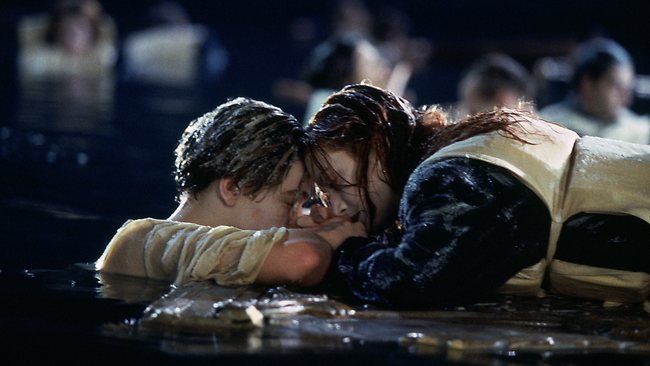
Many criticisms can be voiced about James Cameron’s films, but there is no denying that it is a visual smorgasbord. Beautiful cinematography, astounding special effects, and great production design all added to the wonderful visuals the film has.
However, it was nowhere near the best film of the year. In terms of narrative it lacked any real depth beyond the audience’s attraction to a simple (and rather flawed, both temporally and cinematically) love story. There wasn’t anything special about it, necessarily, on that front other than the flashy imagery that was place over it.
The argument against this opposition is often the fact that “Titanic” truly captured the nation in every sense of the term. It was the highest grossing film of all time until Avatar came along. It was everywhere, and everyone knew about it. You really couldn’t get away from knowing about the film (or being criticized about not seeing it). It was truly a cultural phenomenon.
All of this is granted. That social uproar still doesn’t make it the “best film” though. It’s narrative was nowhere near as interesting as “L.A. Confidential’s”, nowhere near as emotionally deep as “Good Will Hunting” and nowhere near as well acted as “As Good As It Gets.” Social criticism has its place, certainly, in the dialogue of Best Picture, but it is not the only factor, much like critical reception isn’t the only factor. And, when put side by side, social obsession doesn’t negate the film’s flaws, nor its competitors’ strengths.
“Good Will Hunting” also had a love story. A very different kind of love story, mind you, but the relationship between Will and Sean is very much based in a mutual respect, kindness, and love. While this is not a “romance” by any sense of the term (perhaps a bro-mance) it captures the true essence of love, which “Titanic” fumbles.
While the story of Rose and Jack looks nice on paper and on screen, it has so many plot holes it would resemble a slice of Swiss cheese. Sean and Will have a truly palpable connection with one another that far supersedes the shallow physical romance Jack and Rose share.
Sean cares for Will and wants him to succeed in every way possible. He sees the good in Will that Will can’t see for himself. Their relationship feels real. Jack and Rose’s relationship has Hollywood’s scent dripping all over it.
What Should Have Won:
Good Will Hunting
8. The Hurt Locker (Bigelow, 2008)
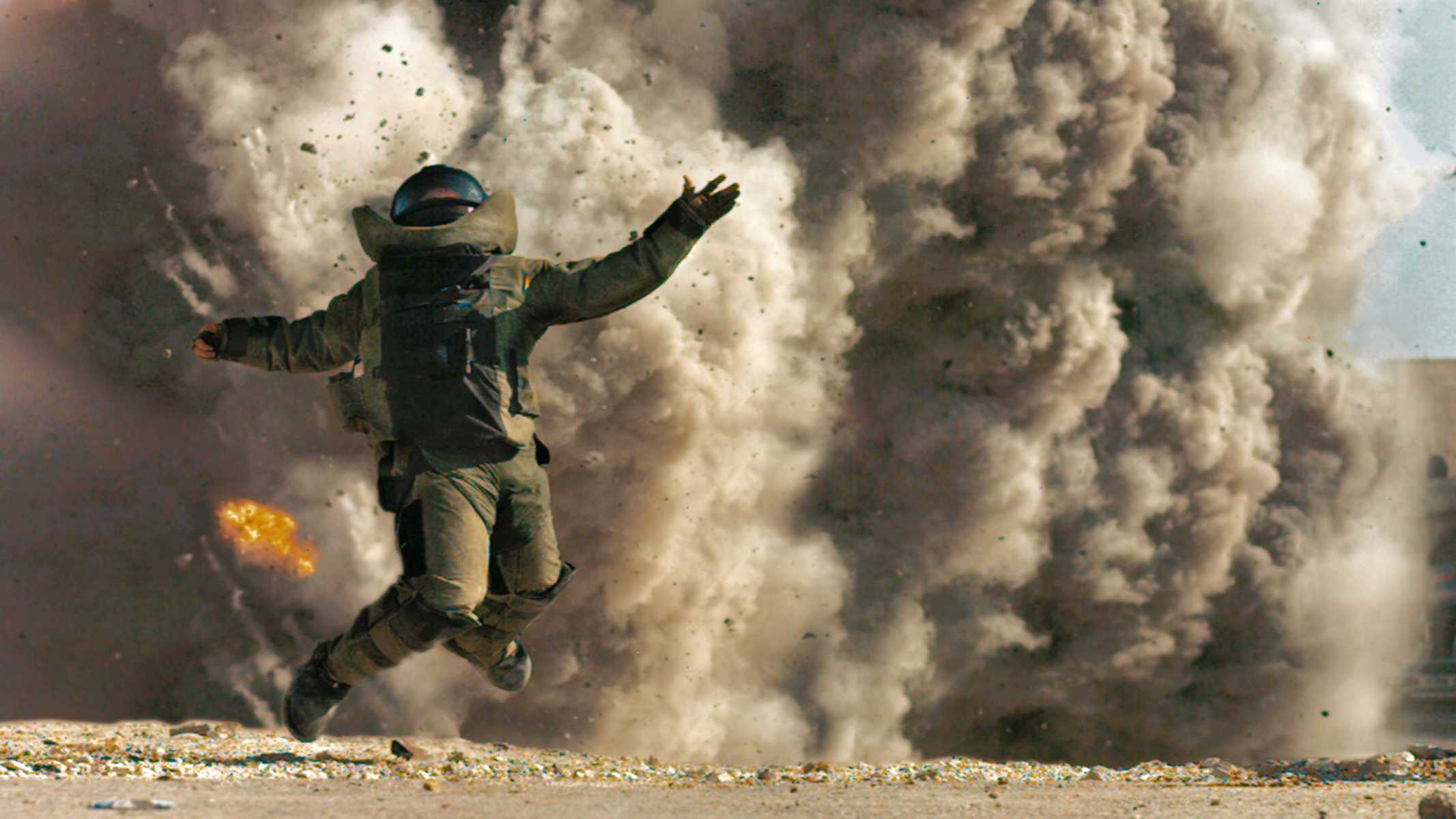
Most people expected, much like his previous Best Picture win, James Cameron would take home the gold with “Avatar.” Not only was it well received, both socially and critically, it also broke all records for box office sales (previously set by Cameron) and wowed audiences with its incredible visuals and special effects. Not many people were expecting it to be beaten by Bigelow’s low budget (especially in comparison to Cameron’s effort) war drama.
The irony in this fact is that neither film was the best of the year. Both were interesting in their own way, entertaining to a certain degree, and even perhaps carried a message that would, and did, resonate with its intended audience.
Considering the aspects of these two films that people loved (war, special effects, narrative, and acting) it’s odd that “District 9” was completely overlooked. Neil Blomkamp hit the ground running with this sci-fi film that explored themes of racism, xenophobia, war, and the apartheid in Africa. It was an intellectually stimulating film with incredible effects and action and some surprisingly excellent performance.
The issue, again, isn’t that the other contenders were bad films (though many have panned “Avatar” for being nothing more than a retread of a familiar narrative with a shiny wrapper around it) or that they were executed poorly. It’s simply a matter of objective viewing, and objectively “District 9” is a far more intellectual film with an equal amount of entertainment and spectacle.
What Should Have Won:
District 9
9. Chicago (Marshall, 2002)
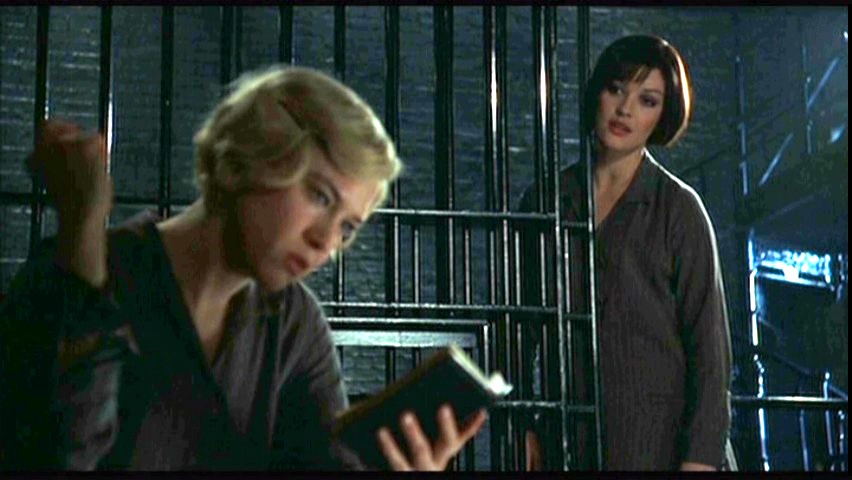
“Chicago” was a dazzling effort with spectacle galore. It’s easy to see, at least superficially, why the Academy went for this film. It’s dazzling, with a great performance from Catherine Zeta-Jones. It had some beautiful cinematography and lighting, and was a competently made film.
However, it does not size up to one of Polanski’s finest films. Not only did it contain arguably Adrien Brody’s finest performance, but it was also an incredibly engrossing, emotional look at World War II.
To be fair, “The Pianist” is incredibly depressing and grim. Compared to the in-your-face dazzle of “Chicago” the former film really has nothing to offer in terms of happiness. The music is beautiful, but it’s sorrowful as well. The cinematography is gorgeous, but often disturbingly gorgeous.
Still, while “Chicago” had some great spectacle on its side, it had nowhere near the amount of emotional or narrative depth “The Pianist” had, and it did not deserve the Best Picture award that year.
What Should Have Won:
The Pianist
10. Forrest Gump (Zemeckis, 1994)
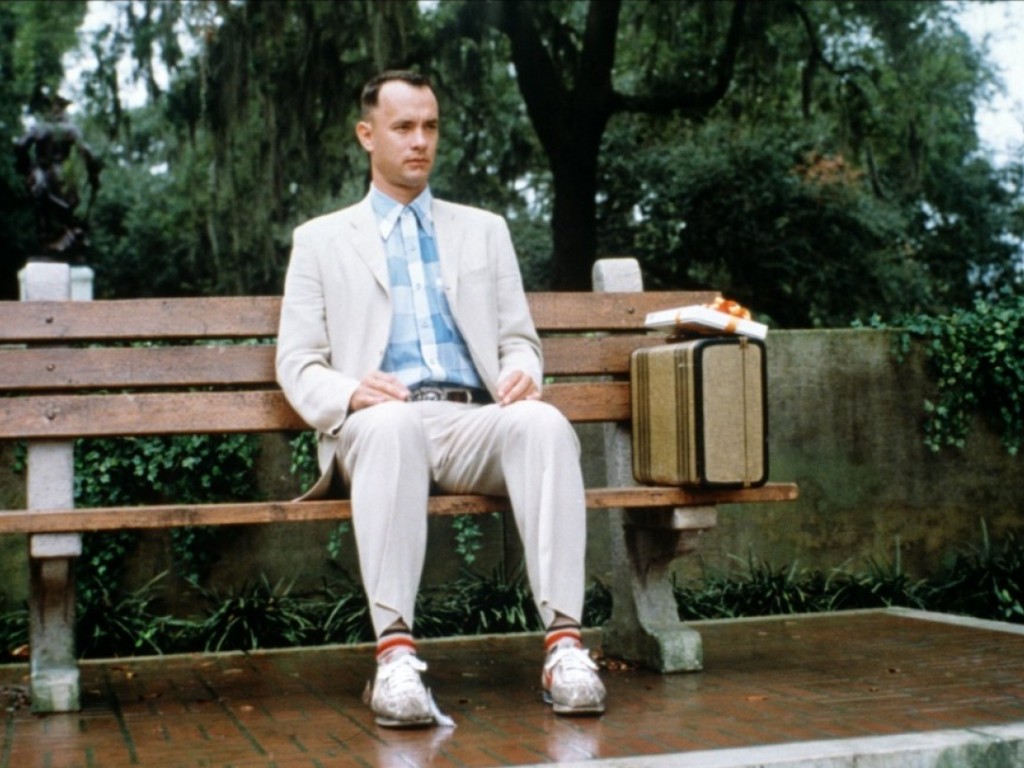
Objectively, this is the most difficult choice to refute. “Forrest Gump” is a great film that showed Tom Hanks at his finest and Robert Zemeckis at his most compelling. It is a beloved film, both socially and critically, and in comparison with other films on this list it is a far more obvious choice. But it still wasn’t the best film of the bunch.
Between Tarantino’s incredible “Pulp Fiction” and Frank Darabont’s “The Shawshank Redemption” Zemeckis’s film places, at worst, third. At best, it could possibly even tie second if one were to really dissect these three films and compare them.
However, “The Shawshank Redemption” is not only the best adaptation of any work by Stephen King (arguably even better than Kubrick’s “The Shining” which managed to assert itself as an independent force and not just an adaptation) but it’s also an incredible film on every level. Morgan Freeman and Tim Robbins have incredible chemistry. Their friendship is very beautiful.
The narrative is heartfelt and emotional, with great depth in all of its characters and one of the most satisfying final acts in cinematic history. But most of all, it’s Darabont’s insistence of presenting hope and perseverance – both on the page and the screen – that truly makes his film stand out.
What Should Have Won:
The Shawshank Redemption
Author Bio: Keith LaFountaine is a senior at Lyndon State College, planning to graduate in May. He is majoring in Cinema Production, and is currently working on his senior thesis film: “Departure.” Keith hopes to eventually direct narrative films.